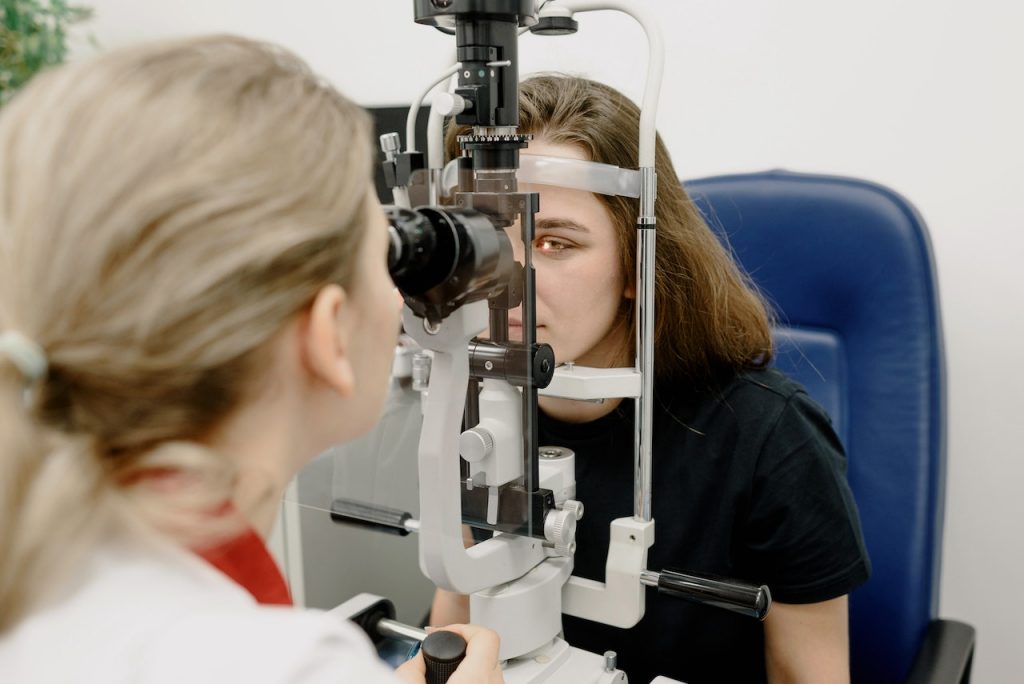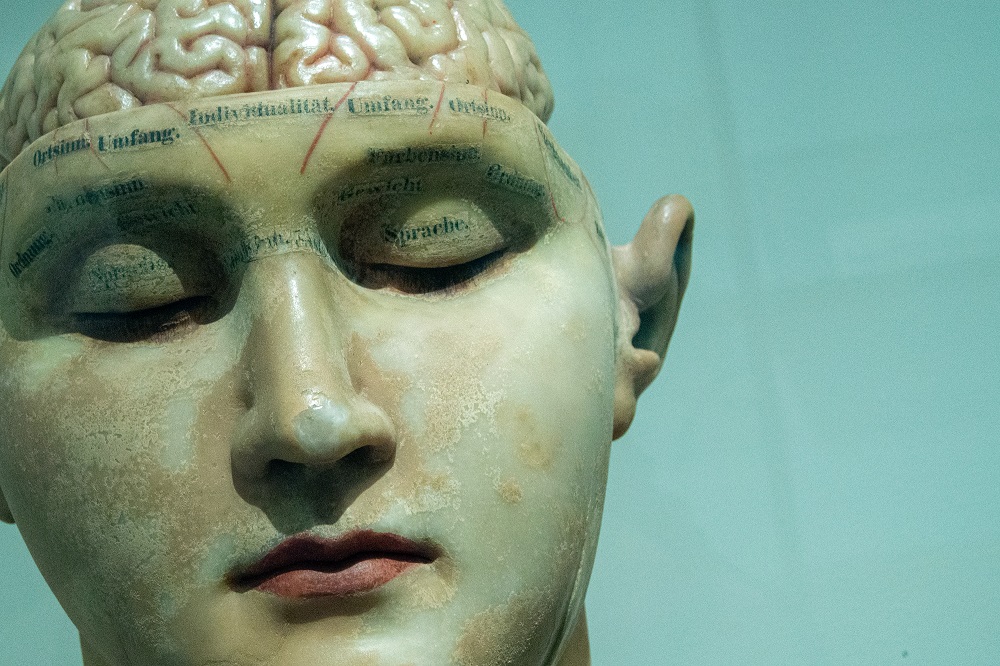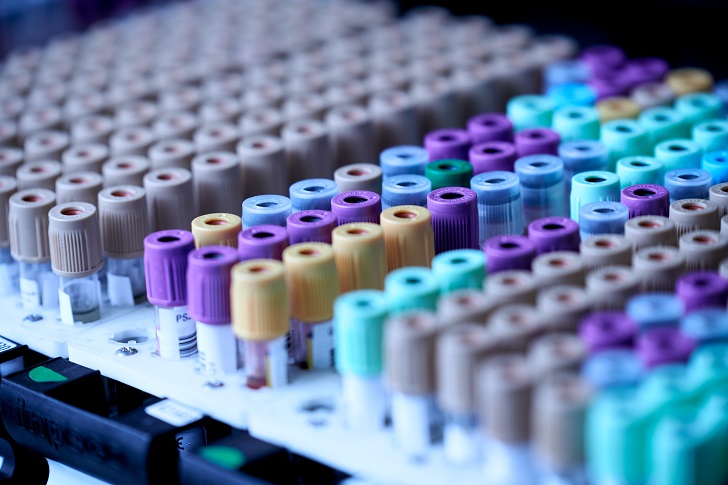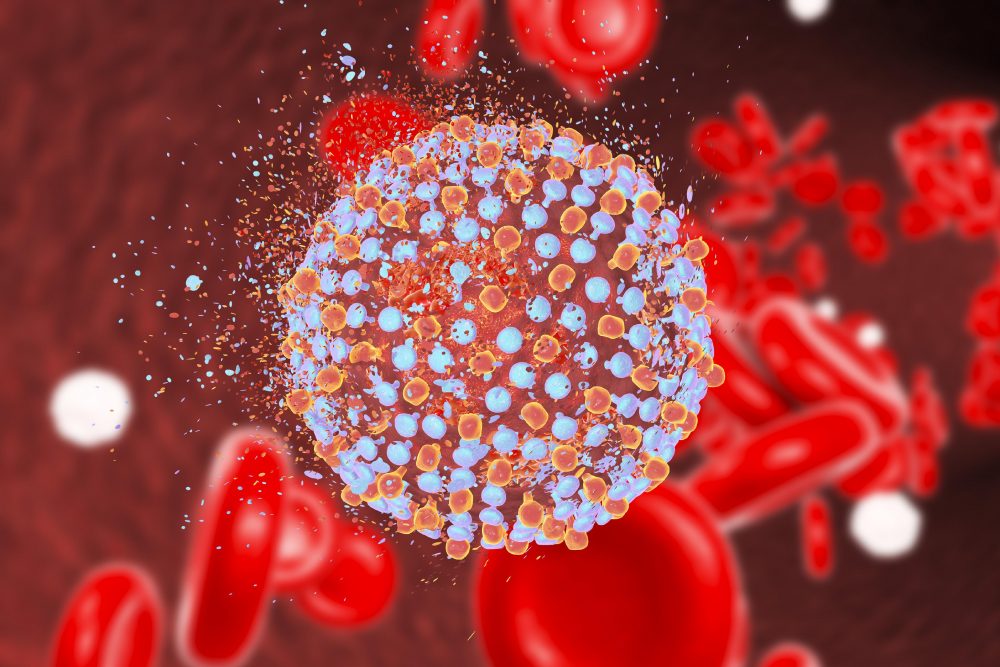As we stand on the precipice of the technological revolution of the 21st century, the sphere of healthcare is set to transform drastically. The synthesis of data, technology, and human ingenuity is beginning to redefine how healthcare is perceived, delivered, and managed.
Now, let’s dive deep and figure out the future of healthcare:
Technological Disruption
One of the most prominent factors that will shape healthcare is the advancement in technology. Artificial intelligence (AI) is set to revolutionize diagnostics and treatment plans. Predictive algorithms can assess patient data to flag potential health risks before they become critical, thus offering an enhanced ability to preempt disease.

Pixabay / Pexels / In 5 decades from now, we will have a whole new healthcare system.
Moreover, personalized medicine will gain traction. Genetic sequencing will become a routine part of patient assessment, thereby enabling treatments tailored to individual genetic profiles. Consequently, therapies will become more targeted and efficient, reducing side effects and improving patient outcomes.
Telemedicine & Remote Healthcare
Fast forward a few decades and the conventional clinic visit might be a thing of the past. As telemedicine continues to evolve, it is expected that most non-emergency medical consultations will shift online. This means more convenience for patients and less strain on overburdened healthcare systems.
However, it is essential to note here that the rise of telemedicine will bring healthcare within reach for rural populations. Plus, for those who face accessibility challenges.

Cotton Bro / Pexels / One thing is for sure: Artificial Intelligence (AI) will transform the healthcare sector in the future.
Nanotechnology and Robotics
Fifty years from now, nanotechnology could allow for treatment delivery within human cells, opening the doors to solutions for historically challenging diseases.
Robotics will also play a significant role in performing delicate surgeries with greater precision and minimal invasiveness. Coupled with AI, robots will not only operate but also provide round-the-clock care for patients, helping monitor vital signs and administer medication.
Health Data and Privacy
With the growth in technology, data will become a central player. Improved data collection, processing, and analysis will lead to more informed decisions about individual and public health. However, this surge in health data raises significant privacy concerns. Ensuring the security of patient information will be of utmost importance, requiring robust data protection frameworks and transparency in data usage.
Healthcare Accessibility and Affordability
Despite the influx of technology, the human element will remain vital in healthcare. The future will see a stronger emphasis on patient-centered care, with technologies enabling better communication between patients and healthcare professionals.

EVG / Pexels / 5 decades from now, medical professionals will be largely relying on health data.
Simultaneously, the goal will be to make healthcare more accessible and affordable. While innovations often come with a high price tag, economies of scale, competition, and government regulation should make cutting-edge healthcare affordable for the masses.
Parting Thoughts
In the next 50 years, healthcare will transcend traditional boundaries, becoming more predictive, personalized, and accessible. Thus, the metamorphosis will be powered by technological advancements, shifting the healthcare landscape to a more patient-centric, data-driven, and proactive domain.
Yet, as we step into this new era of healthcare, we must remember to balance our excitement for what technology can do with an equal commitment to preserving privacy and the human touch. The future of healthcare is bright. But it also holds a responsibility we all share: To make sure these advancements truly serve the best interest of patients.















